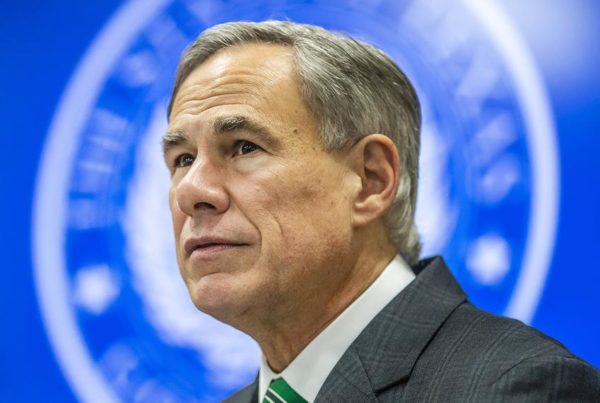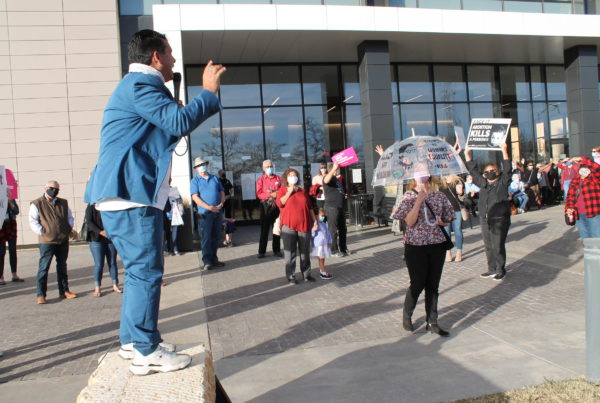America is in the midst of the most unusual presidential transition in history, where a sitting chief executive refuses to admit defeat and continues to spread falsehoods alleging widespread election fraud. President-elect Joe Biden and Vice President-elect Kamala Harris have been denied the intelligence briefings and other courtesies usually given to incoming administrations.
These bizarre circumstances have been amplified by premature calls for healing and reconciliation on the cheap.
Suggestions that a Biden-Harris administration should center the political grievances of Trump voters over the hopes and dreams of the multiracial coalition – led by Black women – that got them elected once again privileges the feelings of white conservative voters at the expense of an anti-racist majority.
Acknowledging that Trump voters enthusiastically supported a racist president for reelection is not “cancel culture,” or some kind of witch hunt led by the “woke.” We are not just living in red and blue America, but in two separate realities. Recognizing that over 73 million Americans seem committed to a presidency based on racial division and a party that revels in voter suppression is the first step toward achieving any kind of national unity under a Biden-Harris administration.
This election served as a referendum on the contemporary state of our democracy. It also revealed the depth of racial divisions. These fault lines are not only personally debilitating; they erode our collective ability to love, educate and protect one another. The controversy over the election results, the consequence of conservative media, conspiracy theories and a president who gleefully fanned the flames of already existing racial and political divides is a testament to the enormity of the challenges facing the nation.
Fifty-five years ago, President Lyndon Baines Johnson offered a soaring and ultimately unifying vision of both the grandeur and travails of American democracy. On March 15, 1965, LBJ noted how, during extraordinary times, “history and fate” converge to produce indelibly transformative change. Johnson placed Selma in a pantheon of revolutionary moments that were quintessentially American, that stretched back from the Revolutionary War to the Civil War’s battle of Appomattox that helped liberate the nation from slavery. LBJ amplified the political mobilizing of Dr. Martin Luther King Jr. and the grassroots voting rights organizing of Black women and men at the ground level.
President-elect Biden faces a greater political divide than LBJ, but not by much. We overestimate, retrospectively, the appetite Americans had for the enormous political, legal and legislative changes that accompanied the civil rights era’s heroic period, and led to the passage of the 1964 Civil Rights Act and the 1965 Voting Rights Act. The nation required bold leadership and responded best when called toward a vision that weaved struggles for Black dignity and citizenship into a larger narrative of national destiny.
We need such a vision now more than ever.
LBJ drew a line in the sand between the segregationists who sought to deny Black voting rights and our larger American family. This same demarcation must be drawn now. Doing so is not meant to stoke division but outline the common ground that allows us to forge an identity, citizenship and community rooted in the resounding faith that America is a place where all things are possible.

UT-Austin Professor Peniel Joseph.
For President Joe Biden, the first step requires acknowledging how the current intersection of history and destiny requires a painful acknowledgment of the distance between who we are and hope to be. We are at the beginning of a new beginning, one that requires an uncomfortably honest reckoning that finds unity in a vision of American democracy rooted in centering racial justice as not only a national aspiration but the key to the future of our nation’s democratic experiment.
Peniel Joseph, Ph.D., is the Barbara Jordan Chair in Ethics and Political Values at the LBJ School of Public Affairs, and professor of history and founding director of the Center for the Study of Race and Democracy at the University of Texas at Austin.















